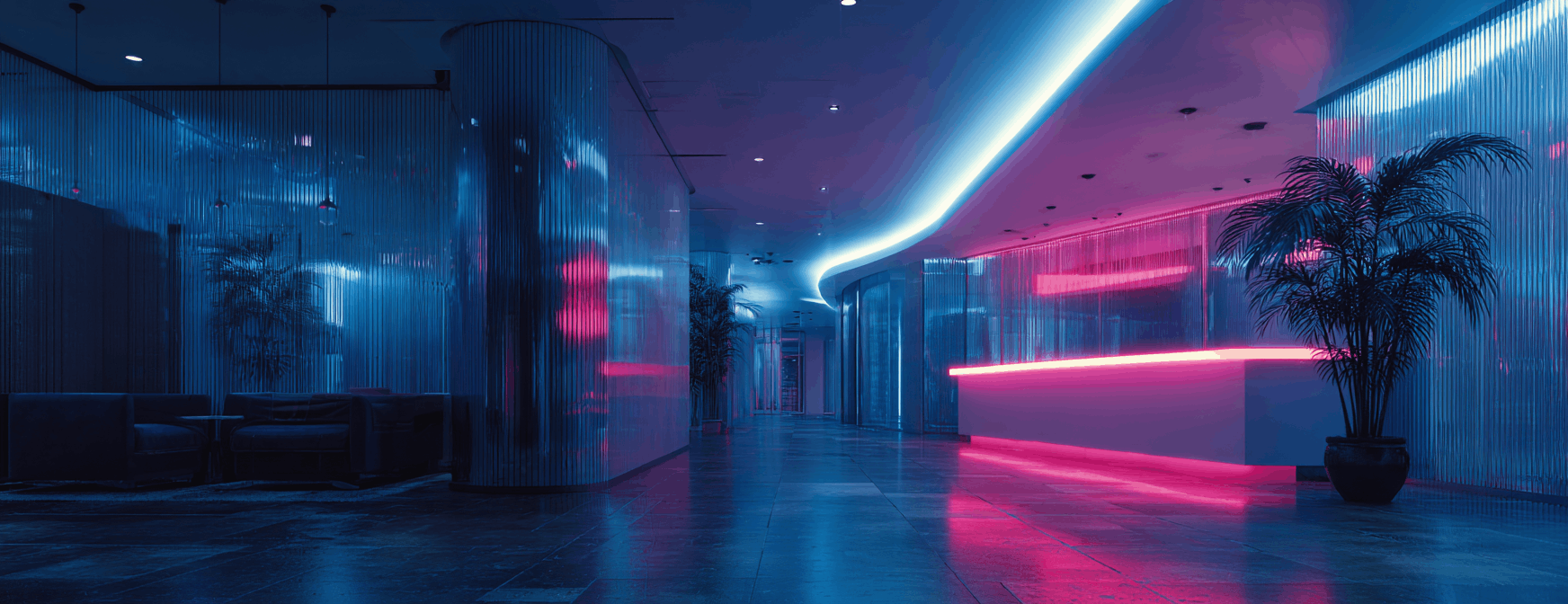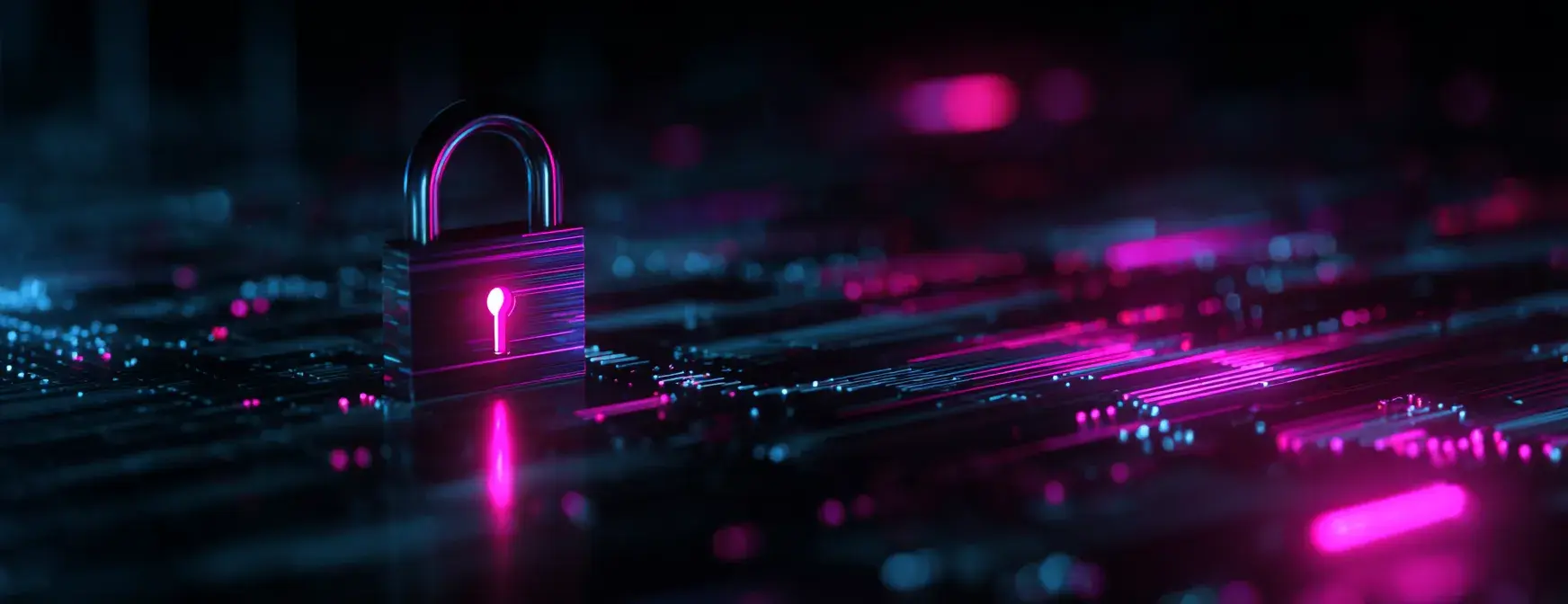CIPA Compliance: Cybersecurity Introduction
by Serena Raymond on Mar 9, 2020 12:00:00 AM
Since it was put in place in 2000 by the FCC, schools in the U.S. have had to maintain CIPA compliance. With the proliferation of the internet, CIPA became a necessary precaution to keep children safe online while at school. Over the years, the FCC has made updates to CIPA as the internet has changed a lot in the last 20 years.
CIPA stands for “Children’s Internet Protection Act.” The main goal of the act is to block “children’s access to obscene or harmful content over the Internet.” This protection act "must block or filter Internet access to pictures that are: (a) obscene; (b) child pornography; or (c) harmful to minors (for computers that are accessed by minors)".
Where did CIPA come from?
During the ‘90s and early 2000s, the internet was very different than it is now. Today, roughly 4.5 billion people worldwide are active internet users. In 2000, there were only 361 million internet users worldwide.
We now have an average of over six connected devices per person, whereas in the early 2000s it was under one per person.
A lot of students did not have internet access at home. To access the internet, students had to rely on their schools’ library computers.
In the late ‘90s, the world wide web started to become a major resource for students. Wikipedia was founded in 2001, and persuasive essays were never the same again. Computer classes became mandatory, homework required students to access certain websites, and by 2005 blogging was massively popular. Some students even had email!
Every student had a different reason to be online at school, and it wasn’t always to study. There was a danger of students accessing inappropriate content from violent and disturbing content to pornographic material.
And while data breaches wouldn’t start to become prevalent until 2004, there was a very real danger that students would inadvertently download a computer virus. While this is not a main component of CIPA compliance, it is worth noting.
Internet access at schools today
While a large majority of students certainly have internet access at home, compared to the low number in 2000, students still need to access the internet during school hours.
Students are doing homework during study halls and spending more time in classes where the traditional desk is replaced by a computer work station.
In fact, there are plenty of schools that now send children home with a school-issued laptop. Schools are also responsible for those devices. As in, they’re responsible for what those students access on those computers.
If anything, schools are even more accountable for students’ online behavior than ever before.
Why is CIPA compliance important?
CIPA doesn’t only apply to schools. It also applies to public libraries where children without an internet connection at home are likely to do their homework. CIPA compliance is mandatory for schools and libraries that wish to receive E-rate funding.
The E-rate funding program is a way for schools and libraries to receive affordable broadband or other discounts for internet access and internal connections.
CIPA requirements
Now that you understand the importance of CIPA compliance, what does it really consist of?
Schools and libraries are required to:
- Implement internet safety policies (also known as Acceptable Use Policy or AUP)
- Monitor the online activities of minors
- Provide education for minors about appropriate online behavior (this includes behavior on social networks, chat rooms, as well as cyberbullying awareness and response)
Their internet safety policies must keep minors:
- From accessing inappropriate content and materials harmful to them
- Safe and secure while using email, chat rooms, or other direct online communications
- From “hacking” or engaging in other unlawful activities
- From disclosing personal information about themselves or their peers
To gain compliance, schools will need to deploy the right type of security software as well as keep up with regular education sessions about appropriate online behavior.
How DNSFilter supports CIPA compliance
At a glance, CIPA requirements focus on mitigating harm to students as well as harm done by students. This includes blocking access to:
- Violent and disturbing content
- Pornographic content
- Content promoting self-harm or harming others
- Malicious content (malware, ransomware, phishing sites)
The easiest and most affordable way to prevent students from accessing this type of content is implementing a DNS security solution. DNSFilter can help schools and libraries block all of these sites and more, keeping students safe and secure online.
 Guest Wi-Fi Security: Protecting Enterprise Hotel Networks
Guest Wi-Fi Security: Protecting Enterprise Hotel Networks
Guest Wi-Fi has become one of the most visible expressions of a hotel brand. Guests may never see the infrastructure behind it, but they feel it instantly when it works and just as quickly when it does not. Connectivity now sits alongside comfort, service, and location as a core part of the hospitality experience.
 The Big Game, Olympic Mania: Navigating the Surge in Malicious Sports Betting Sites
The Big Game, Olympic Mania: Navigating the Surge in Malicious Sports Betting Sites
With the Super Bowl and 2026 Winter Olympics coinciding, all eyes have been on the world of sports in February. And with that comes some unfortunate realities: Scammers take advantage of seasonal events like this every way they can.

